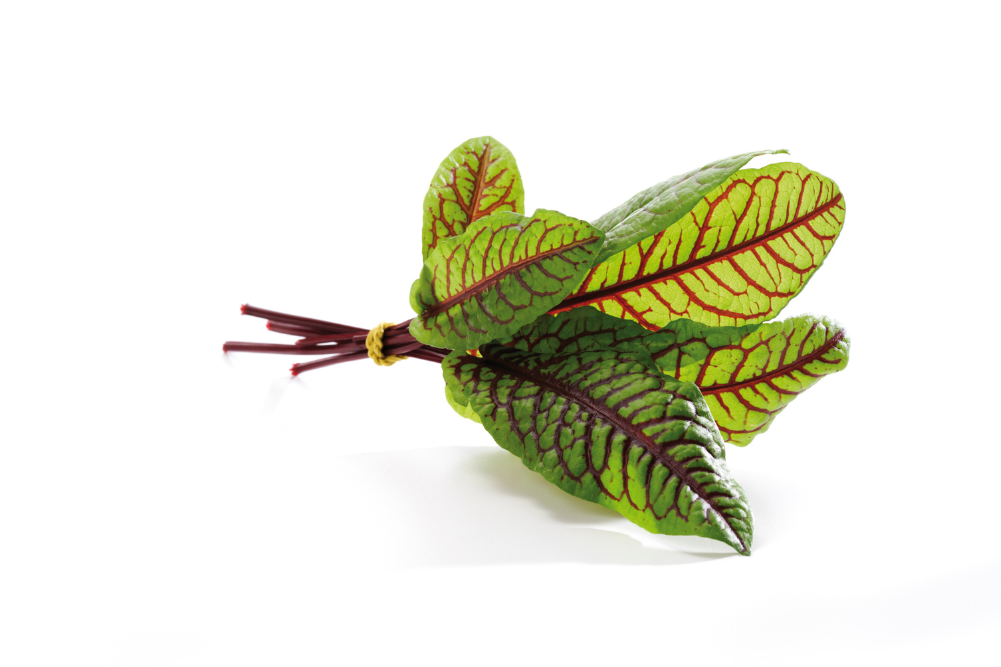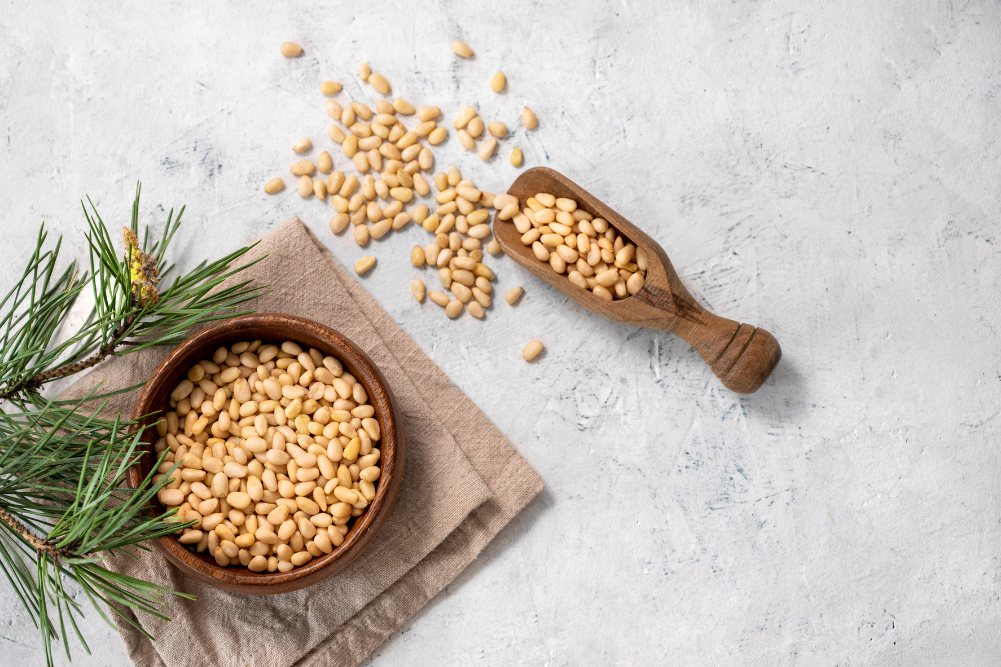Kiwi, soy and celery for liver health
Breast milk is the primary source of nutrients for most newborn babies and is known to have antibodies and agents that protect babies from infections and chronic disease.
But what does human breast milk have in common with kiwi, soy, parsley, celery and papaya?
It’s PQQ – Pyrroloquinoline quinone, which is a natural antioxidant found in soil and enriched in human breast milk and also found in kiwi, celery, parsley, papaya and soy.
A study published last week attributed PQQ in human breast milk and foods like kiwi, to protecting offspring’s of obese mice from developing non-alcoholic fatty liver disease (NAFLD).
This is the first study of its kind to demonstrate that PQQ can protect offspring’s of obese mothers from obesity-induced liver disease.
Nonalcoholic fatty liver disease (NAFLD) is widespread in adults and children. It heightens the risk of cardiovascular disease, type 2 diabetes and liver cancer.
NAFLD is the most common liver disease in the world and has only been recognised in the past 30 years. Its prevalence in the US is estimated at 20-30% of all adults and over 60 per cent of those are obese. One-third of obese children under 18 have undiagnosed fatty liver disease.
Infants born to obese mothers have a higher chance of developing NAFLD in their lifetime and by the time it is diagnosed it is more likely to be advanced.
This study used a mouse model to determine if there was an antioxidant that can be given to mothers during pregnancy and breast feeding to prevent the development of NAFLD.
Adult mice were fed healthy diets or Western-style diets heavy in fat, sugar and cholesterol. A subset of both the groups was given PQQ in their drinking water. Their offspring’s were kept on the diets for 20 weeks.
It was found that those that fed on the Western diet gained more weight than those on a healthy diet. PQQ did not change the weight gain but it did reduce fat in the livers even before the mice were born.
The antioxidant also reduced the inflammation in the livers in mice on the Western diet. The study found that PQQ protected adult mice from fatty liver even after three weeks when the mice quit breastfeeding and when they stopped giving them PQQ.
The researchers believe that PQQ may be instrumental in impacting critical pathways that lead to the early onset of the disease due to maternal obesity, high-fat diets and inflammation.
The study concludes that supplementing diets of obese mothers with PQQ could be a cause for further studies in a battle to reduce the incidence on NAFLD in babies.
Source: Journal of the Federation of American Societies for Experimental Biology (FASEB)





